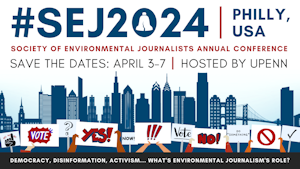"A majority of countries are not on track to remove the toxic pollutants known as PCBs from the environment by the 2028 global Stockholm Convention goal, according to a new study.
Polychlorinated biphenyls, or PCBs, were largely used to prevent explosions in capacitors and transformers, as well as in products like building materials, paints, flame retardants, dyes and pesticides. By the 1980s, global PCB production ceased, yet 40 years later there are still more than 10 million tons of PCB materials to manage.
PCBs are persistent organic pollutants (POPs) because they easily spread through wind and water, accumulate in species through the food chain, and can take decades to break down in the environment. They are also extremely toxic to humans and wildlife, linked to health effects such as behavioral and intellectual disorders in children, cancer and hormone disruption."
Ashley James reports for Environmental Health News June 16, 2022.
















